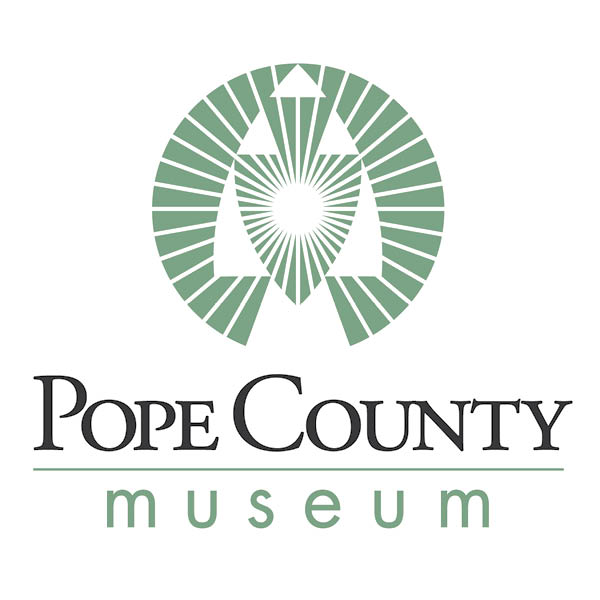Glenwood commission tables request for organics drop site
News | Published on April 18, 2022 at 12:56pm CDT
By Tim Douglass
tdouglass@pctribune.com
A request to locate an organic recycling drop site near the parking lot of Glenwood United Parish along Highway 29 North in Glenwood was tabled at last week’s regular Glenwood City Commissioners’ meeting.
Commissioners wanted more information from the city’s attorney office about locating a public recycling drop site on church property and if the zoning of that property requires a variance or a conditional-use permit. Troy Nelson, the city’s attorney, told commissioners at the meeting that he would review the legal requirements provided by the zoning ordinance and give an opinion for the next meeting.
Pope Douglas Solid Waste Management has been working with the Glenwood United Parish to locate the organic recycling drop site just off the east side of the church parking lot near its entrance from 17 Ave NW.
While commissioners said they were in favor of locating the drop site in Glenwood, they wanted to make sure they followed the zoning ordinance before allowing it. In addition, commissioners were told that Glenwood United Parish church council had not yet formally approved locating the site on the church’s property.
Glenwood United Parish church member Carol Nelson, who was at the meeting, told commissioners that the congregation “cared very much about the environment and this is a small way we could contribute to caring for the earth. It is important to us,” she said of the organics recycling drop site.
Steve Vrchota, director of Pope-Douglas Solid Waste Management, provided the commission with what the site would look like, where it would be located and said it would function just like many of the public organic drop sites located in Long Beach, Villard, Osakis and other locations throughout Douglas and Pope Counties.
He said the site would be set up to accept about 100 pounds of organics each week and that it would be all hours, seven days a week and serviced by PDSWM on a weekly basis. “We pick up weekly because there can be odor problems, but we haven’t seen odor issues at our other sites,” Vrchota explained. The site proposed for Glenwood United Parish would be screened and host about six containers. It will be identical to the site located by Long Beach in the parking lot of Minnewaska House Brewing Co. + Grill.
What materials could be dropped at the site?
The organics recycling site would allow for residents to drop off food scraps, nonrecyclable paper like napkins, paper towels, pizza boxes and paper egg cartons. Some other compostable items allowed are coffee grounds and filters, hair and nail clippings, cotton balls and swabs with paper stems, houseplants, flowers, tea bags and wooden items such as chopsticks, popsicle sticks and toothpicks.
All the organic waste is then collected and taken to a composting facility operated by PDSWM. That facility serves the organics management needs of partner counties in Pope, Douglas, Grant, Stevens, Otter Tail, Stearns, Benton and Sherburne Counties. The materials are turned into nutrient-rich compost that can then be added back to the soil. It diverts about 38 percent of garbage from landfills to the compost facility.
All the commissioners who spoke on the topic said they were in favor of locating a site in Glenwood, but were not sure if the church parking lot was a good location. Commissioner Neil Haynes said he thought PDSWM should purchase land that was recently rezoned for Business near the Glenwood A&W restaurant and locate a full recycling drop site there.
“We really want to have a full (recycling) site in Glenwood,” he told Vrchota. “We just want to have a little control over location in the city.”
Commissioner Mavis Pattee said she liked the idea and was okay with locating an organics recycling drop site at the church, but suggested moving it closer to the church building and across the property to the southeast side of the parking area.
Commisioner Todd Gylsen said he was “fine with where the site was being proposed.”
Commissioner Donna Martin said she was unable to say yes or no to the current proposal at this point because the city didn’t know if zoning laws would allow it without a variance. She and Haynes suggested that the proposal should first go through the city’s planning and zoning commission. Martin also thought that the church council should formerly approve the site before it comes to the city commission. “We can’t approve this until you do,” she said to Nelson.
Gylsen said he believed the city commission is “always looking at why things won’t work instead of focusing on why it can happen.”
The matter was tabled on a 5-0 vote to be reviewed by the city attorney to determine if it needs to go before the planning and zoning commission or come directly back to the city commission.




